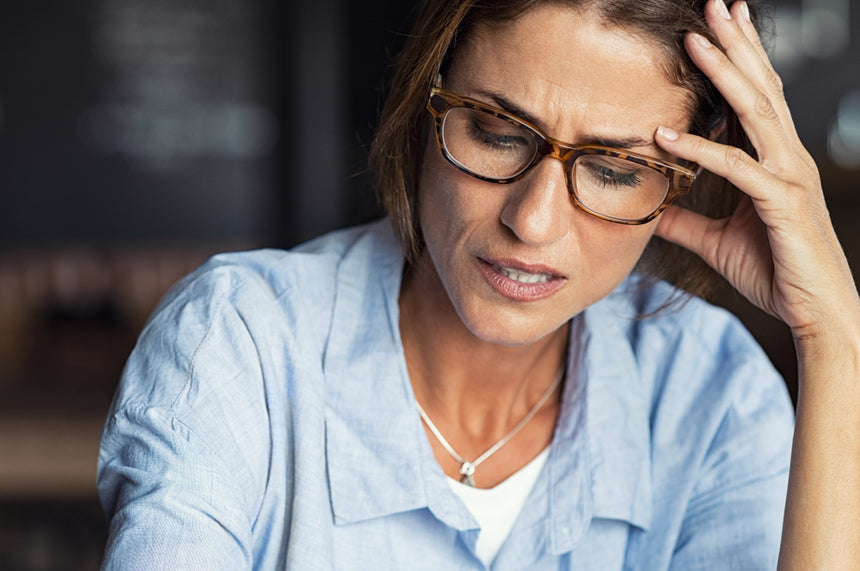Five Reasons You Feel Anxious
It’s fairly common for people to feel anxious every once in a while. Everybody gets nervous at some time or another, but, feeling anxious for no reason if you’re usually collected can be disorienting and strange.
It’s important to remember feeling anxious doesn’t necessarily mean you have an anxiety disorder, or that you’re in need of medication. If you know you don’t have an anxiety disorder, but have been feeling anxious more often than usual, it may be that you need to make a few lifestyle changes.
Here are five reasons you may be feeling anxious and what to do about it:
- Stress
Most of us lead busy, high-stress lives. We navigate difficult jobs, raising children, dealing with relationship issues…even the state of the world can be overwhelming. Stress is the number one cause of anxious feelings in adults and children.
What to do about it? Well, that depends on your preferences. The best recommendation is to continually do things that help you feel good. Some people like to exercise, other people like to take a bath, some people meditate. The point is implementing self-care into your daily routine can make a huge difference in how you deal with stress and can help alleviate anxious feelings.
- Not Enough Sleep
These busy high-stress lives aren’t conducive to a full-night’s sleep. Many of us aren’t getting enough hours of quality sleep, which can lead to a whole host of health problems, including feeling anxious.
Your brain needs sleep to function correctly. Make sleep a priority and stick to a good bedtime routine. Sure, it can be difficult to let go of work or folding your laundry, but your brain and body will feel vastly improved if you stop working and get at least 6 hours of sleep each night.
- Too Much Caffeine
Who isn’t guilty of overindulging in their daily cup(s) of joe? Yes, caffeine can help you wake up in the morning and get you through that afternoon slump, but it can also cause you to feel anxious, especially if you have more than you’re accustomed to.
Caffeine stimulates those hormones that cause the “fight or flight” response. Enough caffeine, and you could have a full-blown anxiety attack, even hours after consuming it. Caffeine can also make it difficult for you to fall or stay asleep.
- Too Much Alcohol
It may seem counterintuitive that alcohol—a depressant— can cause anxious feelings, but alcohol can make you dehydrated, cause low blood sugar, and can even increase your heart rate and stress levels. Alcohol also impacts hormones such as serotonin, which can make an already stressful day feel worse as the alcohol wears off.
If you’ve had a stressful day, it can be tempting to grab that can of beer or glass of whiskey and self-medicate. However, you’re not doing yourself any favors by “fixing” your mood with alcohol. It may feel good at the outset, but relying on a substance is unhelpful and, in reality, dangerous to your future health.
- Not Eating Enough
Many of us know what it’s like to be so busy we forget to eat or skip meals because we’re trying to lose weight. But, going too far between meals can have a negative impact on your mood. Skipping meals can cause your blood pressure to drop, which can make you feel irritable and anxious.
Even if you’re trying to lose weight, it’s important for you to eat enough calories that your body and brain function normally. If you feel yourself starting to feel anxious, and you haven’t eaten in a while, have a sandwich, close your eyes, and breathe.
Feeling stressed and anxious is a normal part of being an adult, but you can do yourself a favor by decreasing the likelihood of these feelings by making smart lifestyle choices. Eat well, limit your caffeine and alcohol consumption, sleep 6-8 hours every night, and implement de-stressing techniques into your daily routine.
Making one or all of these small changes can have a big impact on your mood and your overall health and wellbeing.
